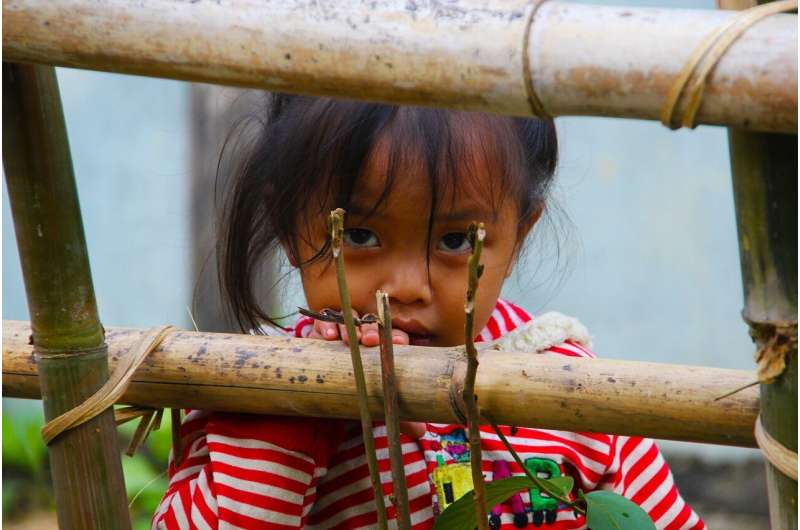Exploring policies to reduce child poverty and child maltreatment
In a recent study, researchers have conducted a scoping review of previous studies to explore the effects of policy changes on child poverty rates. The study conducted an empirical analysis to estimate the relationship between child poverty rates and child maltreatment report (CMR) rates using national county-level data.
The findings highlight the significant impact of policy changes on child maltreatment, with a focus on key policies such as the Earned Income Tax Credit (EITC), Child and Dependent Care Tax Credit (CDCTC), Child Tax Credit (CTC), child allowance, Supplemental Nutrition Assistance Program (SNAP), and housing voucher. Among these, the study identifies the most influential policies, such as a child allowance and a fully refundable Child Tax Credit, demonstrating substantial indirect effects but also higher costs.
The research emphasizes that despite the potential costs of implementing certain policies, the benefits of reducing child maltreatment rates outweigh the associated expenses. The indirect effects of policy changes, mediated through child poverty rates, present a promising strategy for addressing child maltreatment.
The study is published in the journal Children and Youth Services Review.
More information:
Hyunil Kim et al, Policies to reduce child poverty and child maltreatment: A scoping review and preliminary estimates of indirect effects, Children and Youth Services Review (2023). DOI: 10.1016/j.childyouth.2023.107311
Citation:
Exploring policies to reduce child poverty and child maltreatment (2023, November 20)
retrieved 20 November 2023
from https://phys.org/news/2023-11-exploring-policies-child-poverty-maltreatment.html
This document is subject to copyright. Apart from any fair dealing for the purpose of private study or research, no
part may be reproduced without the written permission. The content is provided for information purposes only.

In a recent study, researchers have conducted a scoping review of previous studies to explore the effects of policy changes on child poverty rates. The study conducted an empirical analysis to estimate the relationship between child poverty rates and child maltreatment report (CMR) rates using national county-level data.
The findings highlight the significant impact of policy changes on child maltreatment, with a focus on key policies such as the Earned Income Tax Credit (EITC), Child and Dependent Care Tax Credit (CDCTC), Child Tax Credit (CTC), child allowance, Supplemental Nutrition Assistance Program (SNAP), and housing voucher. Among these, the study identifies the most influential policies, such as a child allowance and a fully refundable Child Tax Credit, demonstrating substantial indirect effects but also higher costs.
The research emphasizes that despite the potential costs of implementing certain policies, the benefits of reducing child maltreatment rates outweigh the associated expenses. The indirect effects of policy changes, mediated through child poverty rates, present a promising strategy for addressing child maltreatment.
The study is published in the journal Children and Youth Services Review.
More information:
Hyunil Kim et al, Policies to reduce child poverty and child maltreatment: A scoping review and preliminary estimates of indirect effects, Children and Youth Services Review (2023). DOI: 10.1016/j.childyouth.2023.107311
Citation:
Exploring policies to reduce child poverty and child maltreatment (2023, November 20)
retrieved 20 November 2023
from https://phys.org/news/2023-11-exploring-policies-child-poverty-maltreatment.html
This document is subject to copyright. Apart from any fair dealing for the purpose of private study or research, no
part may be reproduced without the written permission. The content is provided for information purposes only.
